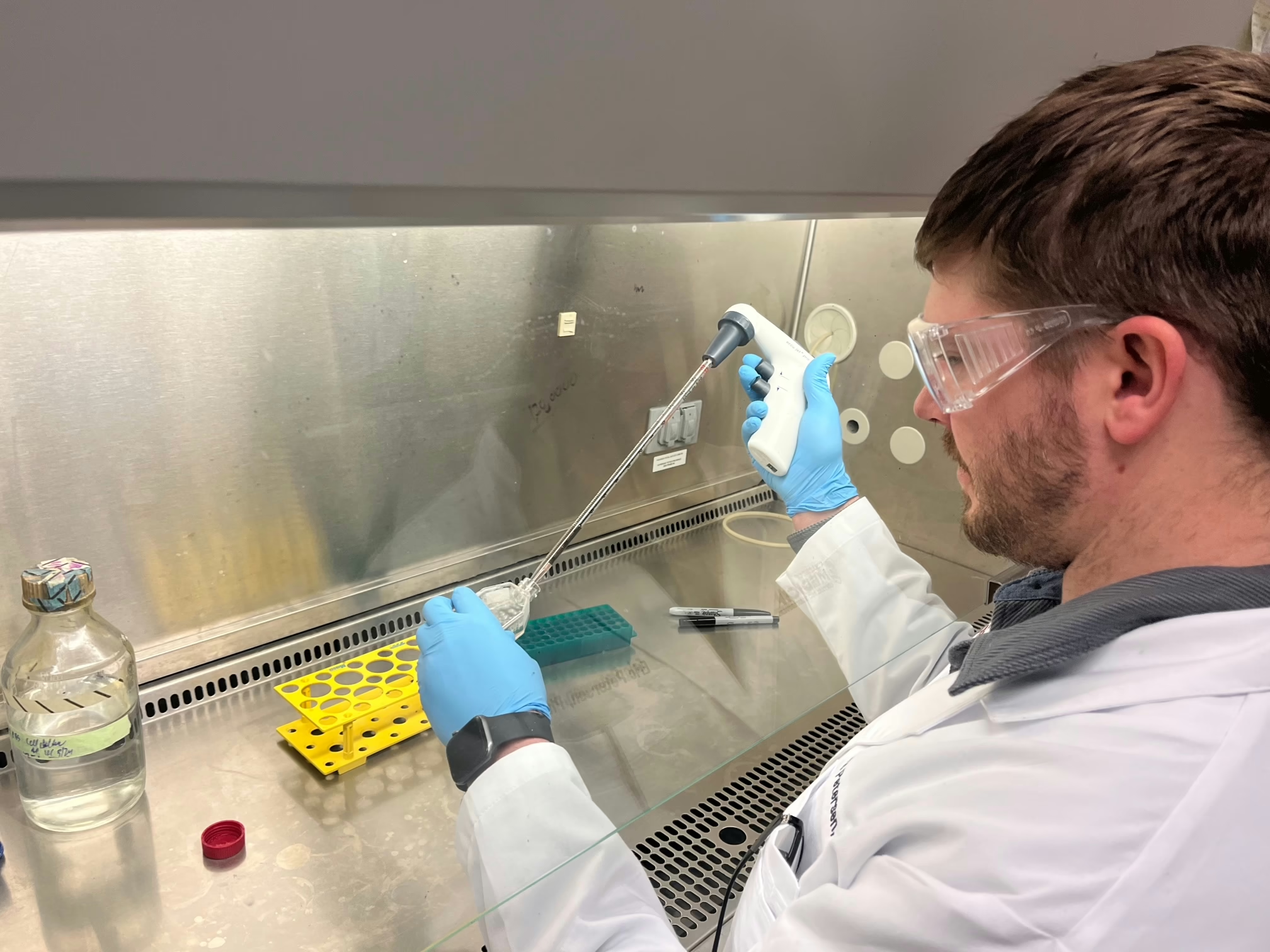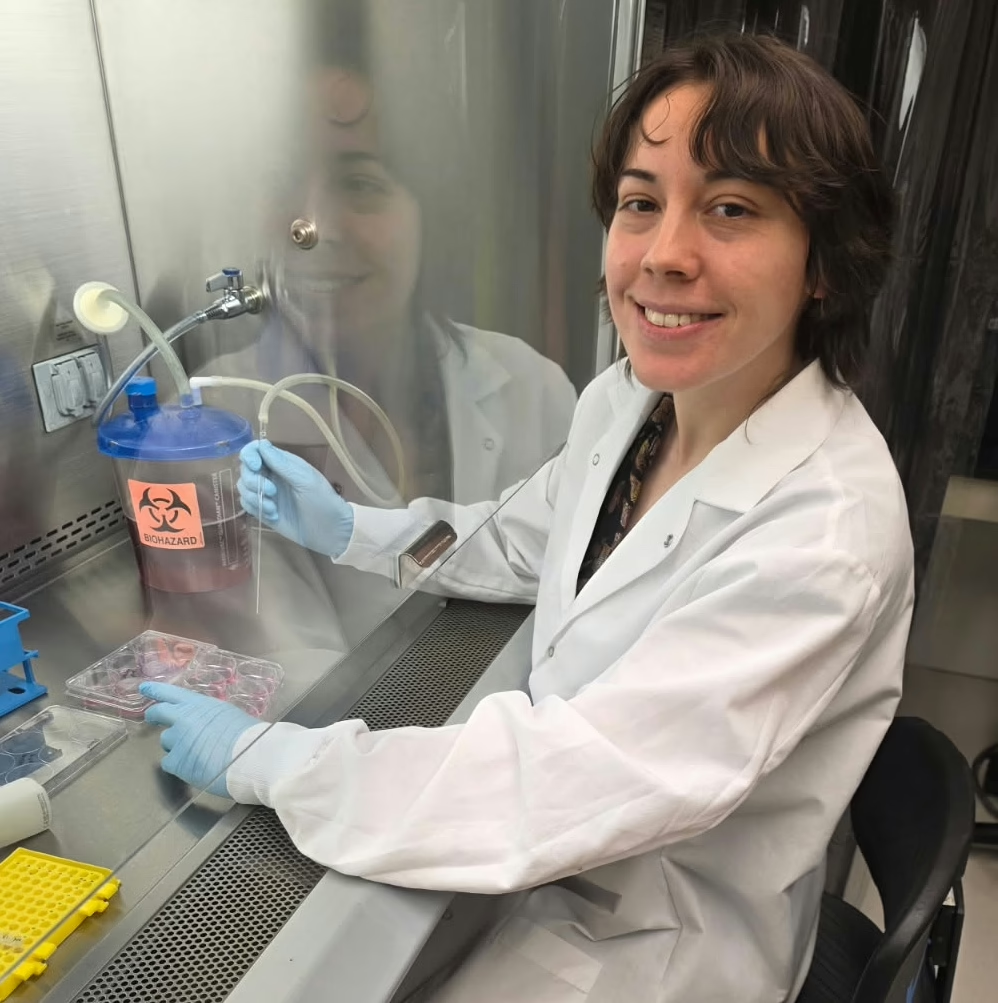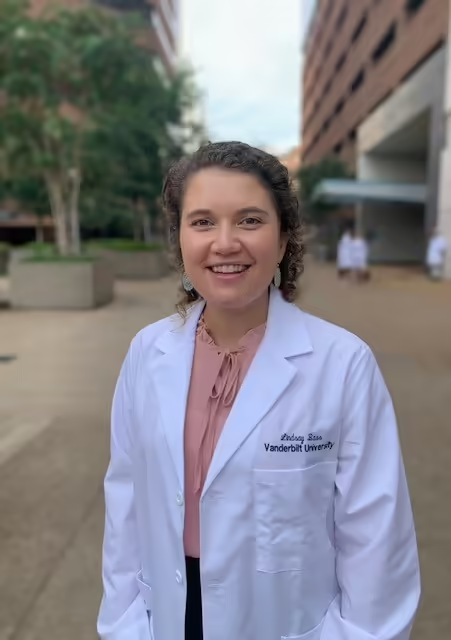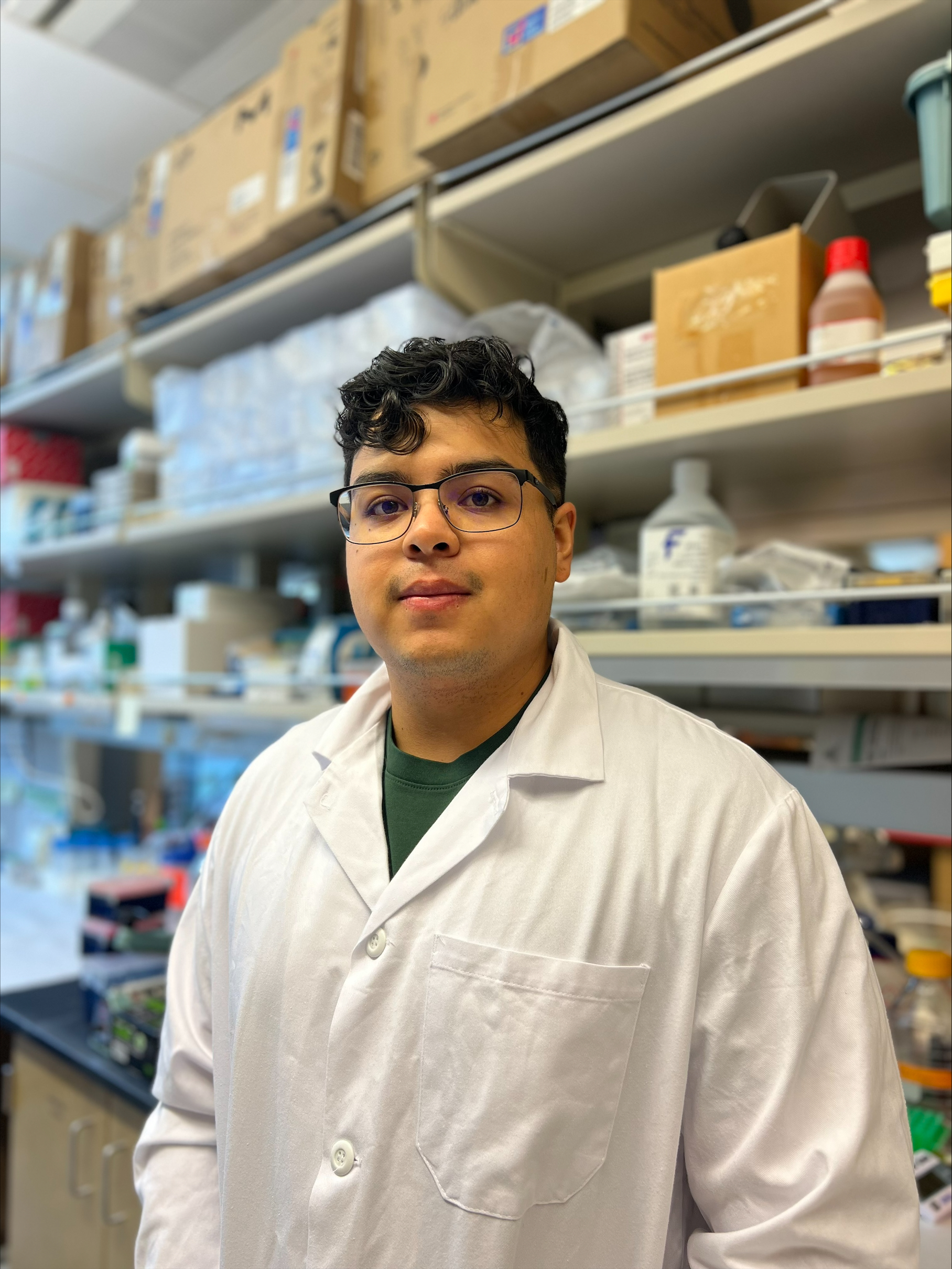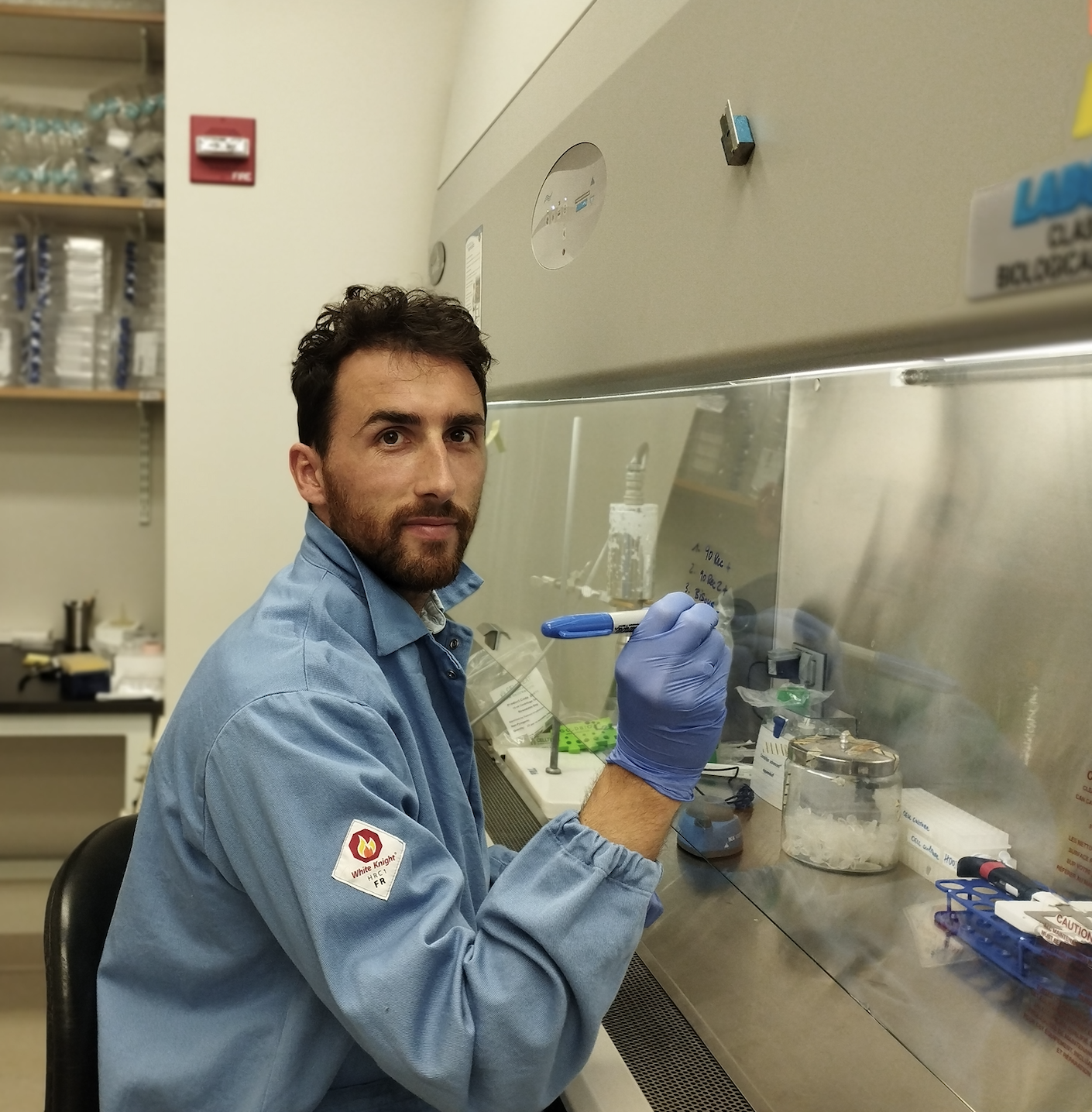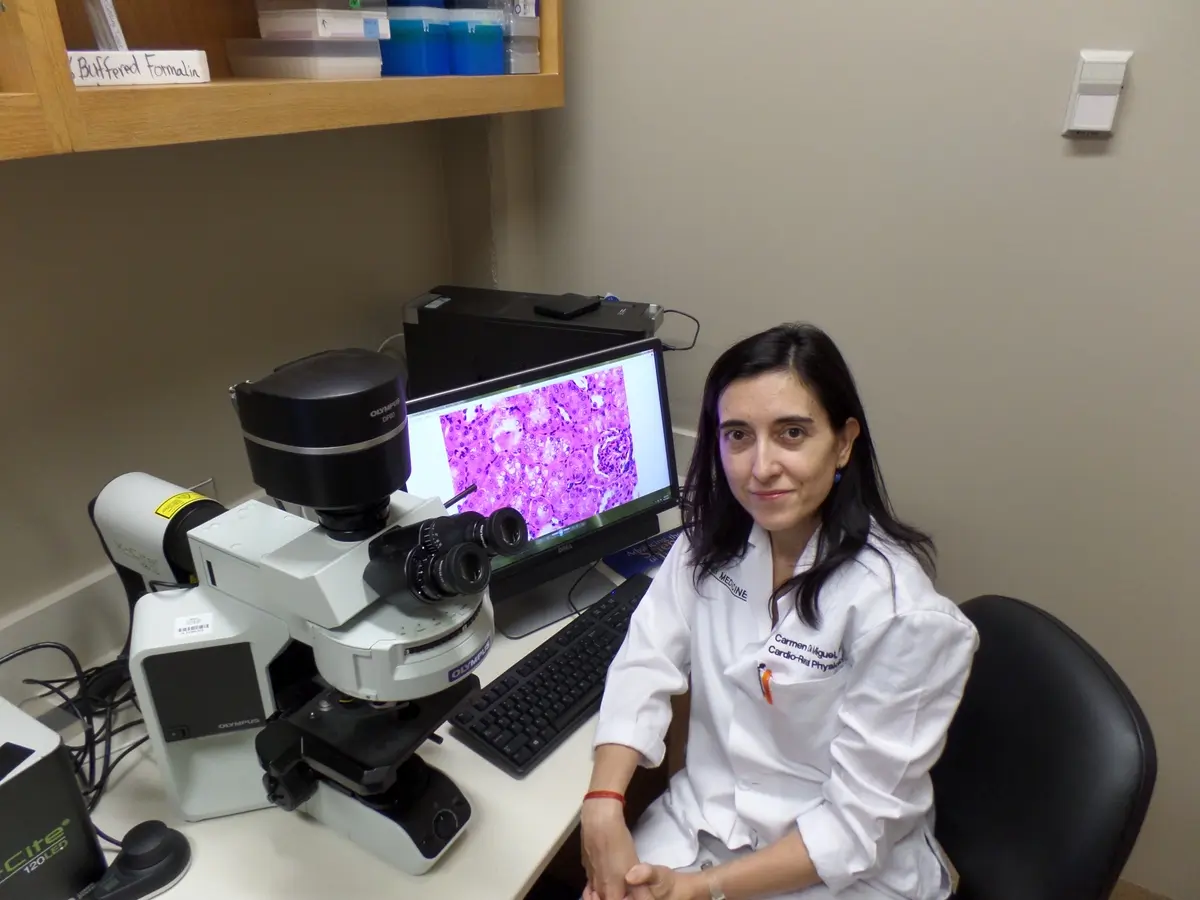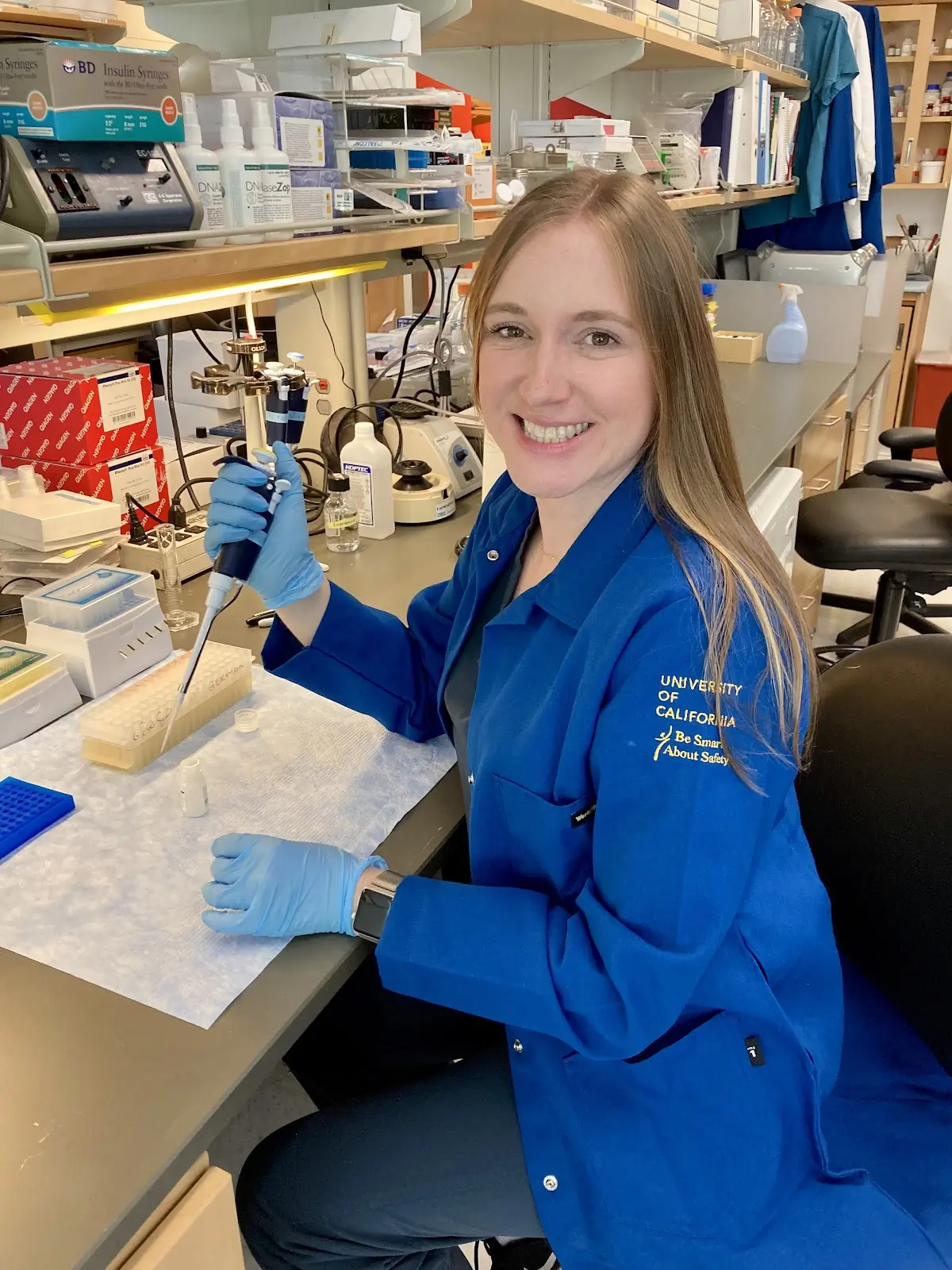Final Update
We found that during low oxygen (hypoxia), rod photoreceptors and ON-bipolar cells in the eye had reduced light responses, which did not fully recover even after reoxygenation. After one hour without oxygen and 20 minutes of reoxygenation, photoreceptor responses dropped by 20% and ON-bipolar cell responses by 60% in mice. We adjusted our method to record responses separately and found that whole eyes maintained light responses better than isolated retinas. Despite using various drugs during hypoxia, we saw no significant improvement. However, overnight recovery after one hour of hypoxia restored function. Extending hypoxia to three hours followed by overnight recovery, we found that MK-801 reduced photoreceptor function and almost abolished ON-bipolar cell responses. Surprisingly, the antioxidant α-lipoic acid decreased light responses during hypoxia, suggesting that reactive oxygen species might not be the main cause of damage. Human retinas from donors showed improved light responses after overnight incubation, indicating that recovery is possible after postmortem hypoxia. These findings were shared at the ARVO Annual Meeting and contributed to our recent publications.
6-Month Project Update
Using ex vivo electroretinography, we are testing multiple antioxidant and neuroprotective small molecules to see if they can preserve retinal neuronal light responses during periods of hypoxia and subsequent reoxygenation. The goal is to find drugs that could protect the diabetic retina from hypoxic stress, ultimately aiming to prevent diabetic retinopathy in human patients. We observed that both rod photoreceptor and ON-bipolar cell light responses were significantly reduced during hypoxia and did not fully recover even after reoxygenation. Specifically, a one-hour hypoxia followed by 20 minutes of reoxygenation reduced photoreceptor light response amplitudes by about 20% and ON-bipolar cell responses by around 60%. This led us to modify our protocol to separately record responses from photoreceptors and ON-bipolar cells. Whole eyes and posterior eye cups preserved light responses better than isolated retinas without the retinal pigment epithelium. We tested several compounds, including apocynin, α-lipoic acid, dimethyl malonate, and S-nitroso-acetylpenicillamine, to see if they could improve light responses during hypoxia.
Despite our efforts, none of these compounds improved the light responses of photoreceptors or ON-bipolar cells after hypoxia and reoxygenation. This might be due to the irreversible damage to retinal neurons during the hypoxic phase or insufficient time for reactive oxygen species to affect retinal function. Therefore, our future research will focus on testing other neuroprotective drugs and allowing a longer period after reoxygenation to better understand the delayed effects of hypoxia. For instance, exposing eye cups to three hours of hypoxia followed by 24 hours of reoxygenation showed small but sustained responses, indicating potential delayed effects of hypoxia on retinal function. We also plan to explore combining multiple pharmacological agents to achieve stronger antioxidant or neuroprotective effects to protect the retina during hypoxic conditions.
Project Description
Patients with diabetes, particularly those with type 1 diabetes, often suffer from vision loss in a disease complication called diabetic retinopathy. In diabetes the retina, which senses light in the eye, is deprived of oxygen, causing damage and uncontrolled growth of blood vessels. Our research will find treatments that protect the retina in low oxygen conditions in order to prevent diabetic retinopathy.
When patients who lack light-sensing nerve cells in the retina through an inherited disease also become diabetic, they are protected from diabetic retinopathy. This and similar observations in mice show that nerve cells in the retina play an important role in diabetic retinopathy. According to my previous research, these nerve cells are very sensitive to low oxygen conditions. Nevertheless, treatments that protect nerve cells in the retinas from patients with diabetes remain unavailable.
We hypothesize that protecting the light-sensing nerve cells in the retina from lack of oxygen will prevent diabetic retinopathy in patients with diabetes. As a first step, we will identify existing drugs that protect these nerve cells in low oxygen conditions.
Our research group consists of scientists who study light responses of nerve cells in the retina during health and disease. We will determine how lack of oxygen changes light responses in the retina and apply drugs to preserve normal function.
Currently, clinicians can only try to delay vision loss in the late stages of diabetic retinopathy, but many patients with diabetes, particularly those with type 1 diabetes, continue to become blind. I envision that my research will identify drugs that protect the retina from hypoxia, prevent or at least delay diabetic retinopathy and thus improve the quality of life for patients living with diabetes.


